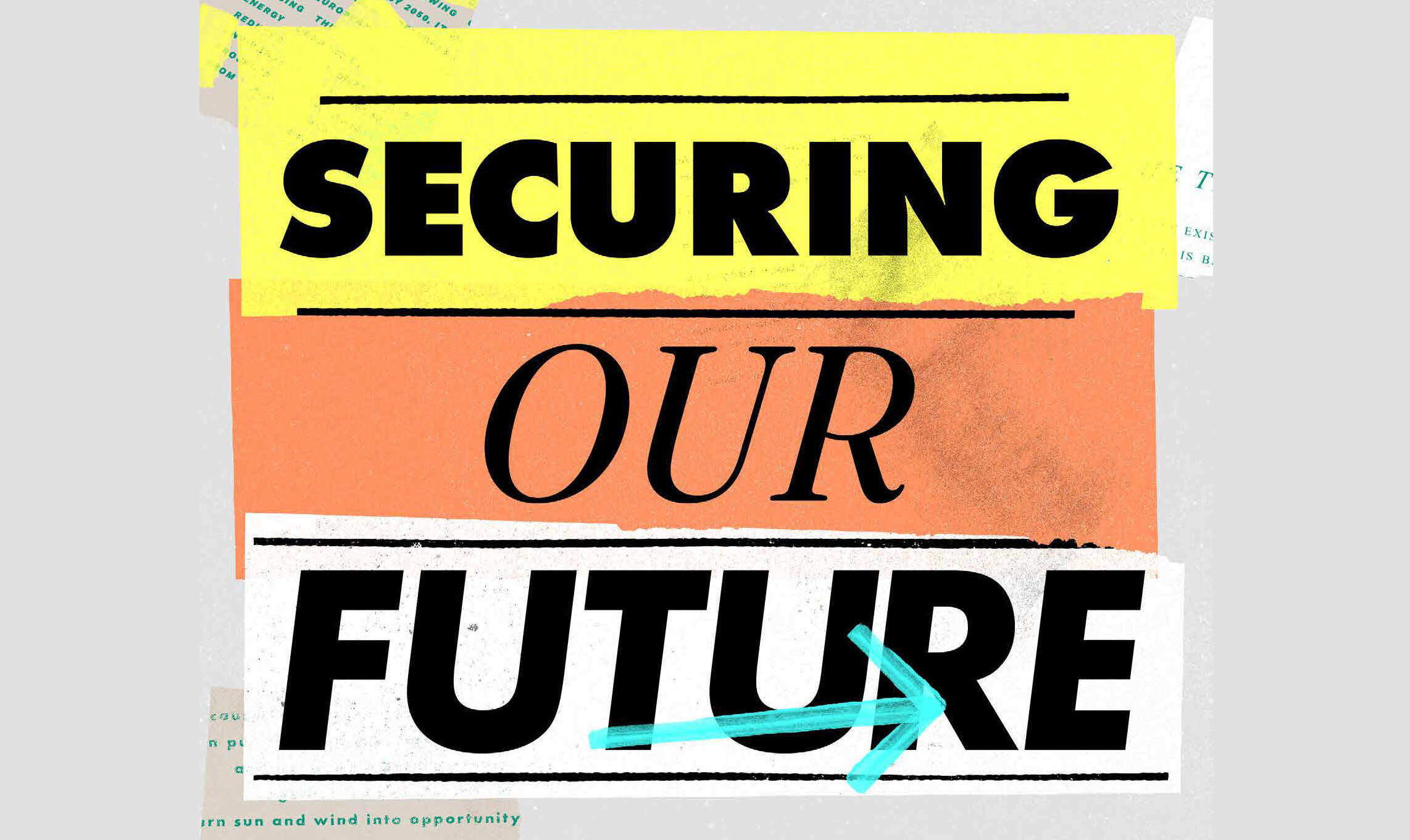Stories
May success story: Energy cooperatives and private businesses partnering up in the energy transition
Community energy is key to action on the climate crisis. It can empower people, boost local economies, and reinvigorate communities. Community-led initiatives play an important part in the transition towards a 100% renewable and just energy future. Success stories of community energy projects can be found all over Europe. At REScoop.eu we want to highlight these stories to further accelerate the movement towards a cleaner and democratic system.
This month we travel to Belgium and Italy to find out more about the collaboration between energy cooperatives and businesses and the benefits of these partnerships.
A win-win collaboration
Cooperatives are enterprises that do business in a particular way: they are owned by their members, they usually share their profit with the community and they put people before profit. Traditional private businesses are usually profit-driven organisations. Despite the difference in the way they do business, when companies care about social issues or their community, businesses and cooperatives can have very fruitful collaborations that benefit both actors, creating a win-win situation.
On the one hand, private businesses can play a key role in the expansion of citizen energy cooperatives by purchasing community energy, investing in their projects, offering them roof space to install solar panels or spreading the word. On the other hand, energy cooperatives can offer businesses different benefits: fixed energy prices (through power purchase agreements (PPAs)) and a secure source of clean and locally produced power, income for unused spaces on their roofs, return for investments, a good reputation within the local community, and opportunities for their employees to engage in local projects. Moreover, and more importantly, as a result of a partnership, both organisations take action against climate change together.
Some REScoop.eu members are already collaborating with private businesses with very positive results.
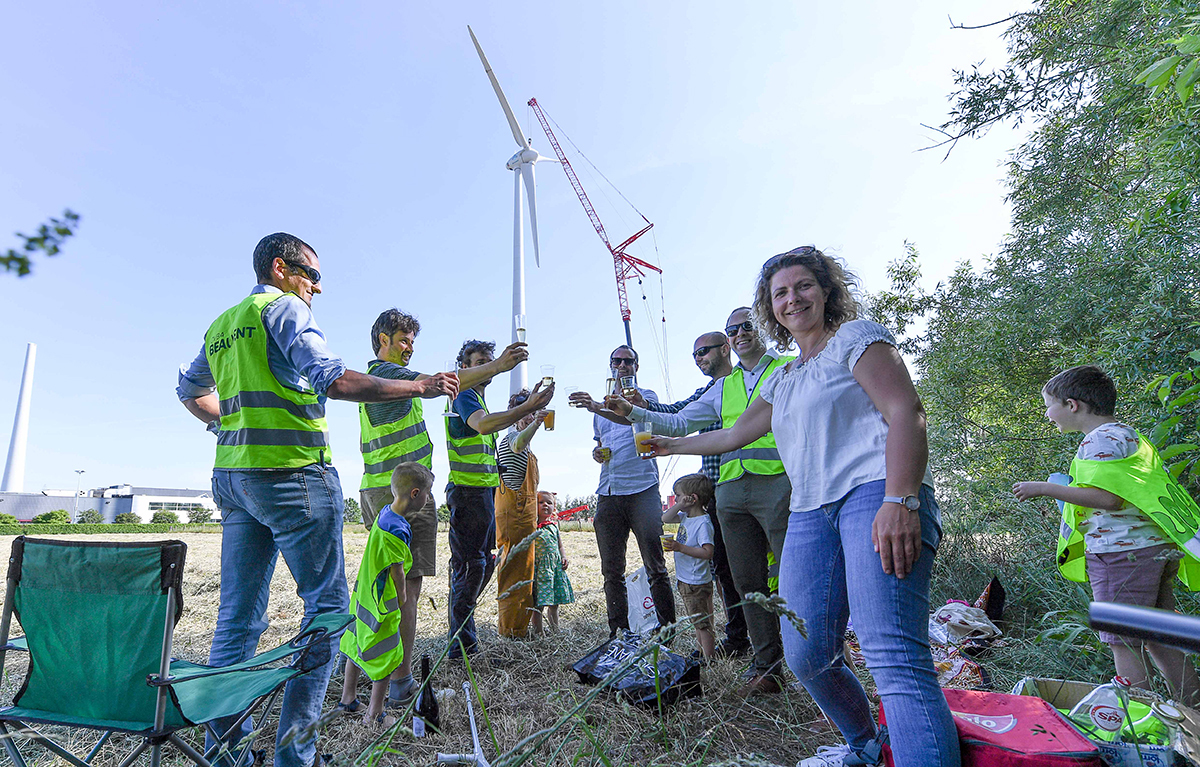
Harnessing the sun at Van Marcke’s roof
Van Marcke is a Belgian company that sells sanitary ware and heating appliances in several countries in the world. Beauvent is a Belgian energy cooperative from West Flanders working on wind production, solar production, and heating networks. When Van Marcke built its European Distribution Center in Kortrijk a few years ago, Beauvent installed solar panels on the roof of the building.
Tom Prinzie, technical manager at Van Marcke, recalled how this cooperation started in a session of REScoop.eu’s annual conference 2022 about the collaboration between businesses and energy communities.
“I met the founders of Beauvent for the first time in 2012 when they participated in a course organised by the District Heating Network Cooperation in Belgium. Years later, when we published a private tender to build a 4MW solar PV installation on the roof of our new distribution centre, we invited Beauvent to participate, and their proposal was the most competitive from a financial point of view, so we chose it.”
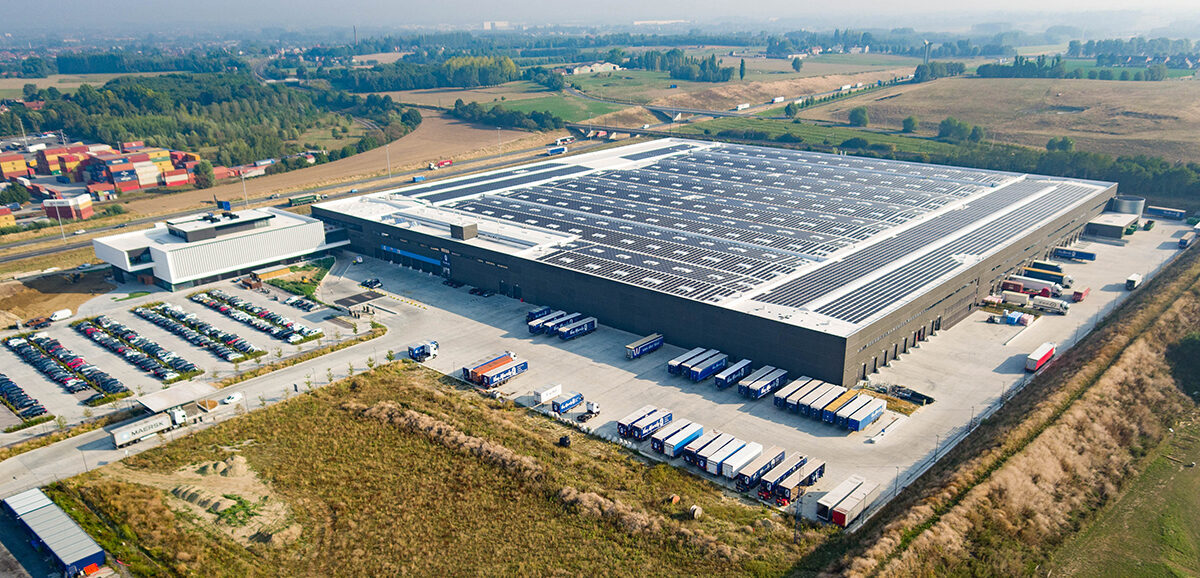
Beauvent’s project was unique in two aspects. While the proposals from big energy groups limited the number of solar panels to the amount needed to cover the self-consumption of the building, Beauvent aimed to cover the whole roof with 13,000 panels to produce energy for the community too. Beauvent’s plan was also the only one including funding from citizens and offering the company’s employees the opportunity to buy shares so they got a direct stake in the installation and sharing in its profits Beauvent proposed a totally different way of doing things and Van Marcke decided to go for it.
Today, Beauvent and Van Marcke co-own the solar panel installation and they share the profits. Beauvent receives a management fee for the exploitation of the installation. “We have technical experts in our company and are very good at what we do, but the exploitation of solar panels is not our core business and the energy cooperative has the skills to take on this task”, justified Tom.
Frédéric Haghebaert, general manager of Beauvent, highlighted at the same event the main advantages they offer to businesses – they have several solar installations on commercial roofs.
“Normally, companies find three main barriers to the installation of solar panels: they don’t have money to finance it, they don’t have the expertise to build it because it is something they do once or twice every 20 years, and they don’t have people to operate the installation. Our proposals cover these three elements because we have access to capital through our loyal members, we have the expertise to go through the administrative and technical process of the installation -we build around 20-30 installations per year-, and we have the means to exploit and monitor them because we share the cost of doing it among our 200 installations.”
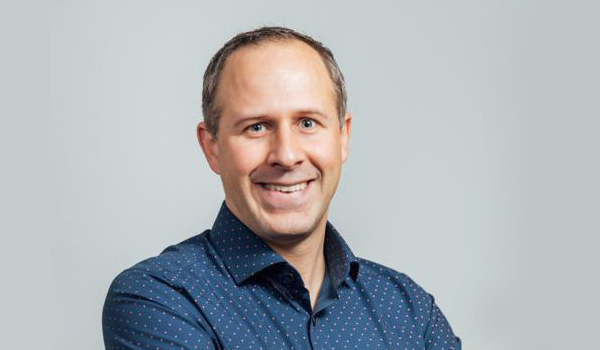
The shared values behind the partnership
Energy cooperatives have very strong values in the way they do business, so they often look for very high standards in partners they collaborate with and they may not even consider agreements with profit-driven companies. However, Frédéric thinks that “businesses are not the enemy, they can be very good partners”. Van Marcke is a well-known company in Belgium and at Beauvent they were familiar with the brand and they knew some employees before they started working together. However, it wasn’t until they opened the door of the group that they discovered that sustainability was much more into the company’s DNA than they were aware of.
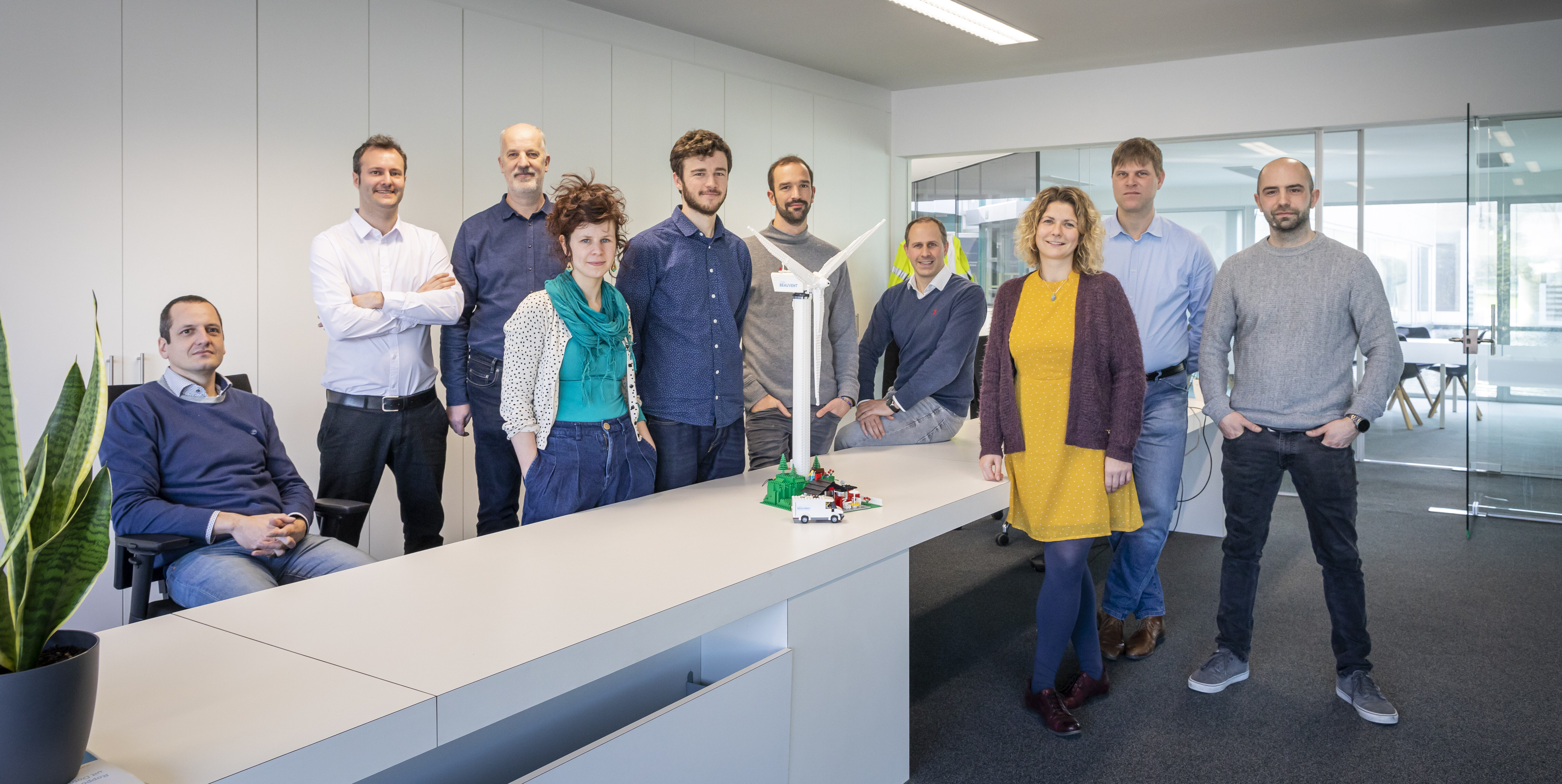
Based on his experience at Van Marcke, Tom offers some advice to cooperatives aiming to collaborate with companies.
“Don’t look at a business as a business, there are people behind it and it may be easier than you think to work with them. Don’t think that everyone in a company is on the same line, you can talk to some people that can convince some other people in the organisation. For example, in the beginning, it was not easy to convince Van Marcke’s board to work with a cooperative. After our first successful collaboration with Beauvent, the mentality completely shifted and now our CEO herself is coming up with propositions to work together with cooperatives. She told me: we had the covid crisis, we had the containers crisis, we had the materials crisis… but the collaboration with Beauvent kept us away from the energy crisis, there was no better investment than this investment.”
Benefits for cooperative members and business clients
Another great example of collaboration between an energy cooperative and a private business can be found in Italy, where REScoop.eu member ènostra has a fruitful agreement with Banca Etica. In this case, Banca Etica is a bank registered as a cooperative society, so the shared values and vision were noticeable even before the cooperation started. Actually, ènostra took Banca Etica as inspiration to develop its own structure and value model.
In 2017, Banca Etica became a member of ènostra and switched its electricity contracts to the energy cooperative. One year later, the direct benefits for members started: Banca Etica invited its clients to switch their energy contracts to ènostra (with a special discount on their electricity tariff) and the bank received a contribution for every new member brought to the energy cooperative, for the purpose of reducing its own energy bill. On the other side, ènostra members could take advantage of special conditions to open a bank account or ask for a personal loan at Banca Etica. These mutually favourable conditions benefit clients from both organisations and help them grow their membership base in parallel.
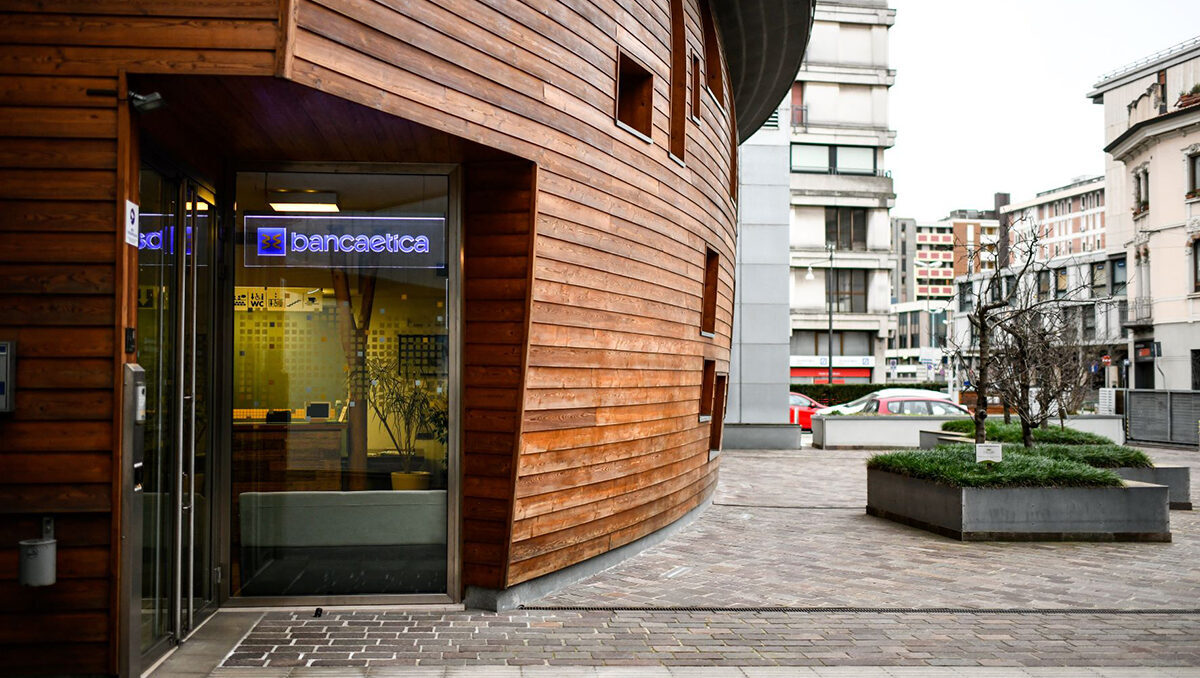
The partnership has extended to other areas. Ènostra, thanks to its expertise in renewable energy installations and energy efficiency interventions, carries out the technical assessment and due diligence of projects financed by the bank within a national initiative for buildings renovation called "Superbonus". From its side, Banca Etica supports the financing of ènostra's collective renewable plants projects, like for example a wind power plant in Gubbio, during the development and crowdfunding phases. Together, they also organise common events and initiatives to attract new members to both organisations.
Ènostra cooperates also with other businesses such as, for example, fashion brand Vivienne Westwood, which collaborates with ènostra for their “Switch to a Green Energy Supplier” campaign. Another example is the partnership with Davines, a beauty care products company, with whom the cooperative launched a project to switch their beauty salons in Italy to clean energy.
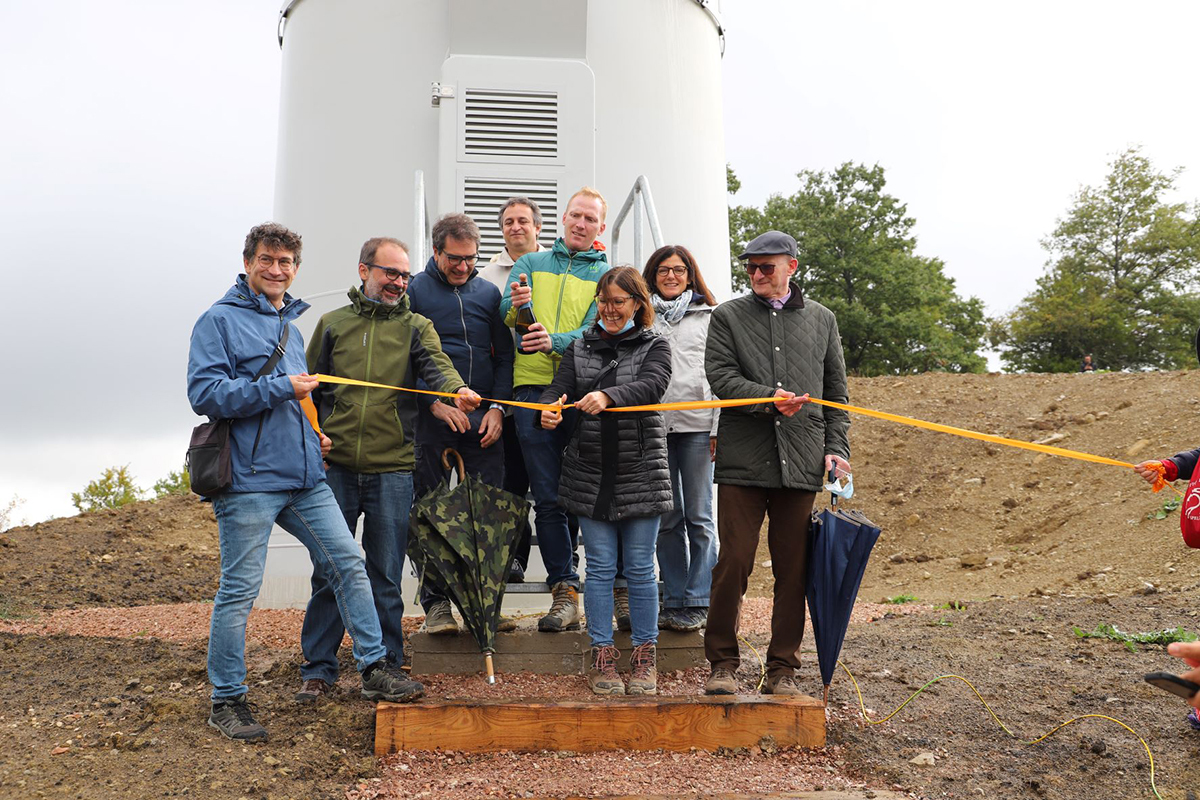
Giacomo Prennushi, head of marketing, sales and innovation at ènostra, explains how the cooperative approaches collaborations with private companies.
“We are open to start new partnerships with businesses. Generally, we propose a collaboration to companies we already know and sometimes they also come to us. To start a partnership we first check that the company shares our vision and basic values. After, we perform a sustainability assessment to check environmental and ethical characteristics, as we do with the new producers we buy electricity from. Our final purpose is to help businesses make the energy transition real.”
A guide for businesses
Patagonia, a clothes retailer highly involved in the fight against climate change, has a campaign around the community energy movement in Europe - a great example of how a business can collaborate with energy communities. As part of this initiative, they have recently launched a guide with practical advice on how companies can support the growth of community energy. The booklet also provides examples like the ones described in this article. Find out more information about the guide ‘Securing our future: how business can scale up community energy for a cleaner and more secure energy future’ and get inspired!
